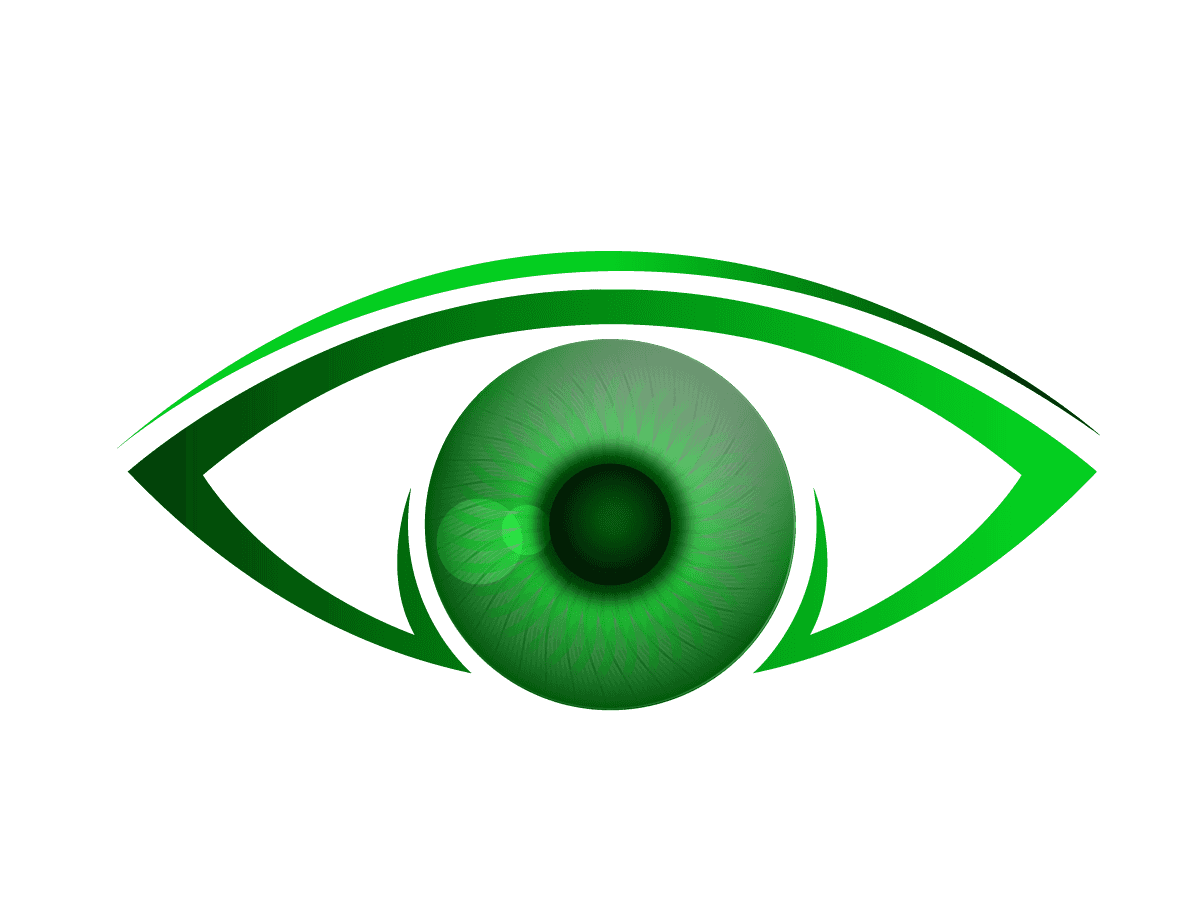Table of Contents

What is an Ophthalmologist?
While you may not be as knowledgeable about your ophthalmologist as you are about your optometrist or even your optician, he/she plays a pivotal role in your eye care. The expertise offered by an ophthalmologist is distinctly unique from the services provided by other eye specialists because each of them receives a different type of training that deals with a particular aspect of your eye health.
In today’s article, we give you a general idea of what sets each of these eye care specialists apart, and why consulting them is essential for your eye health.
Ophthalmologist
The ophthalmologist is a medical doctor whose specialty in vision and eye care. An ophthalmologist can diagnose and treat a wider spectrum of eye problems than an optometrist or an optician. That’s because, in addition to completing a college education, an ophthalmologist has to obtain at least eight years of practical experience before they can become certified to practice medicine and run their surgery.
As such, an ophthalmologist offers a truly wide range of services, such as making a diagnosis and providing treatment for all types of eye diseases, making prescriptions for contact lenses and eyeglasses, as well as performing eye surgery to correct vision disorders. Also, a large number of ophthalmologists contribute to scientific research that focuses on identifying the causes behind many of the eye disorders faced by today’s society, while working steadily to find cures for these eye disorders. If you need more details on some of the most qualified and experienced eye specialists in your area, please click here.
Subspecialists
Some ophthalmologists are categorized as subspecialists because they have committed their careers to a particular aspect of surgical or medical eye care. Ophthalmologists usually require additional training of up to two years at a fellowship that prepares them with intense training on how to subspecialize in specific eye care areas like pediatrics, plastic surgery, retina, glaucoma, cornea, neurology, etc. With this additional training, an ophthalmologist is then armed with the knowledge and preparation needed to treat specific conditions and a more dynamic clientele.
Optician
Opticians are technically trained and qualified to design, authenticate and fit visual enhancements like glass frames and lenses, as well as other technological devices that are designed to improve eyesight. Unlike an ophthalmologist, an optician is not qualified to diagnose eye conditions or even prescribe visual enhancements to patients. Instead, they design and fit glasses according to a prescription that is given out by an ophthalmologist or an optometrist.
Optometrist
An optometrist provides a fundamental level of eye care that includes performing eye examinations, diagnosing eye problems, doing vision exams, prescribing medication and corrective vision lenses, as well as managing changes in vision. Although an optometrist is not your typical medical practitioner per se, they do undergo lengthy training which involves three years of college followed by four years of completing a doctor of optometry degree (OD) at optometry school. Also, an optometrist has to be licensed to practice what they have been trained for, which qualifies them to start servicing clients formally.
Other subspecialists include:
- Ophthalmic Medical Assistants
- Ophthalmic Technicians/Technologists
- Ophthalmic Registered Nurses
- Ophthalmic Photographers
When Should You Go to an Ophthalmologist?
Taking care of your eyesight is very important, and undergoing regular eye exams is an ideal way of keeping your eyes sharp and in good health. Ophthalmologists are specialists when it comes to treating specific eye problems, and you should book a visit to see one if you start to experience any of the following symptoms:
- Vision changes and starting to see random spots or flashes of light everywhere. Experiencing blurry vision every time you try to focus on someone’s face. These and other distortions in your vision such as watery vision, haloes or double vision should be immediately reported to, and examined by an ophthalmologist.
- Field of vision changes when experiencing cross-eyed vision, or if your eyes start to swell or get watery for no reason. In this case, you might have an eye infection, and you will have to consult with an ophthalmologist for a test as soon as possible.
- Vision loss when your vision starts to deteriorate in either one or both your eyes, then it’s time to see the ophthalmologist.
- Disruptions in the field of vision which makes you see shadows, black spots, blurred vision on the side of your eye or even in the center.
- Sudden changes in color vision.
- An injured eye.
- Irregularities or defects in the eyelid.
- Experiencing pain in one or both eyes.
- Those with HIV/AIDS, diabetes mellitus or high blood pressure are also at risk of experiencing eye problems and should visit an ophthalmologist regularly for check-ups.
How Often Should Your Eyes Be Examined?
Young or old, we all depend on our vision for a lot of the tasks that we perform on a daily basis, including reading, driving, working, playing, swimming and more. When your vision becomes compromised, so does your ability to perform daily tasks, which affects your quality of life enormously. Also, health disorders like diabetes and high blood pressure, as well as a family history of eye disease, can negatively affect one’s eyesight in the long run, and eye disorders are often elusive and hard to detect in the beginning. This is why it’s important to get your eyes checked regularly by an ophthalmologist to avoid any nasty surprises.
Ideally, you should have your eyes examined intermittently during your life so that if any problems arise, there’ll be a family history of the eye disease, which is a vital aspect of treatment. The earliest age at which you can get an eye exam is at six months old to determine if any eye problems might affect the child’s development later on, behaviorally or educationally.
For adults, going according to the following schedule should be an efficient way of maintaining good eye health:
- 19 to 40 years old: Once every ten years minimum.
- 41 to 55 years old: Once every five years minimum.
- 56 to 65 years old: Once every three years minimum.
- 65 and above: Once every two years, minimum.
Don’t compromise when it comes to eye health. Set up an appointment with an ophthalmologist today, and make sure to go for regular eye check-ups to safeguard your eye health in the long run.
I'm an Optometrists do the following:
Perform vision tests and analyze outcomes. Diagnose sight problems As farsightedness or nearsightedness and eye disorders, such as glaucoma. Prescribe contact lenses eyeglasses and medications.

One reply on “What is an Ophthalmologist?“